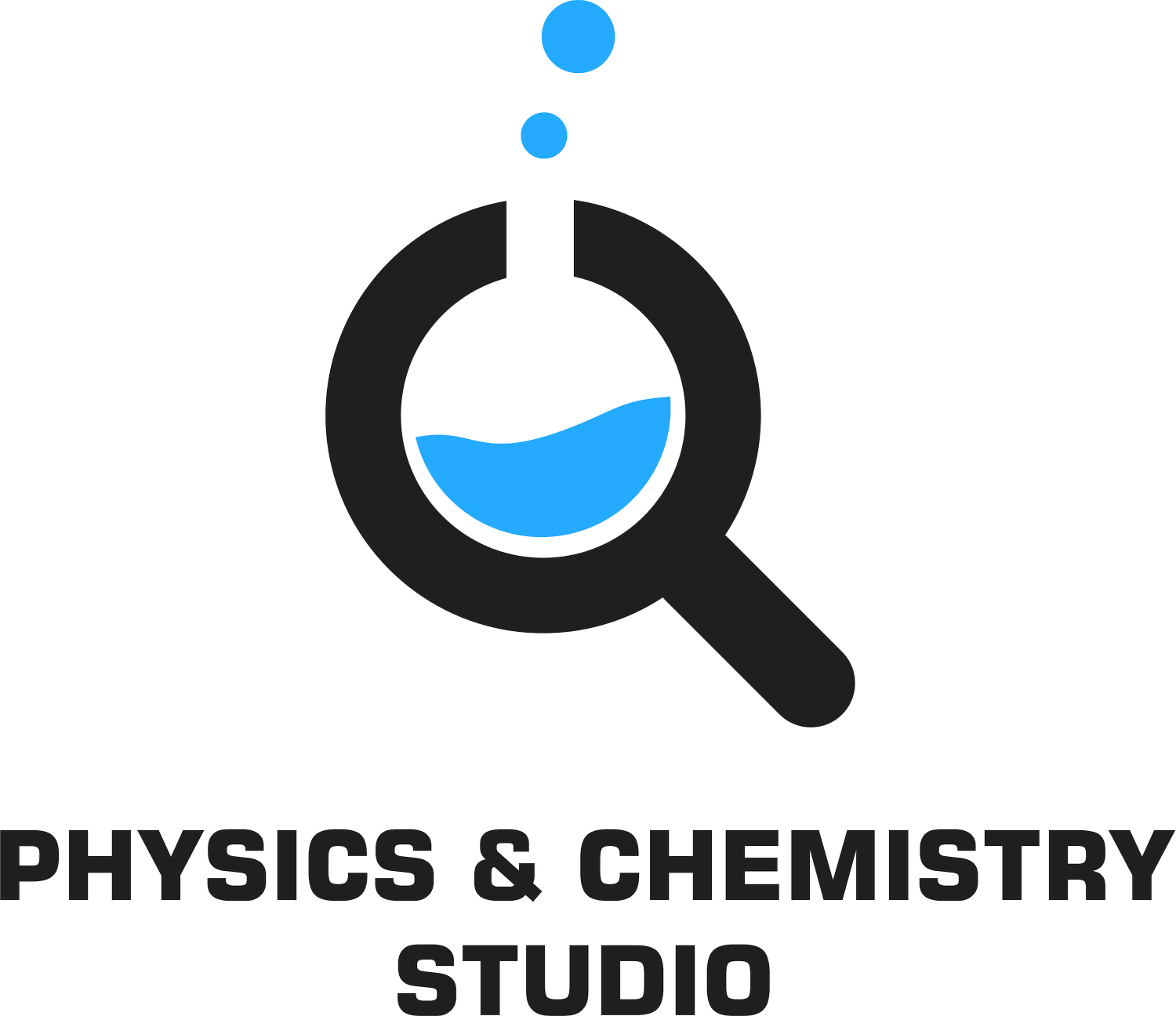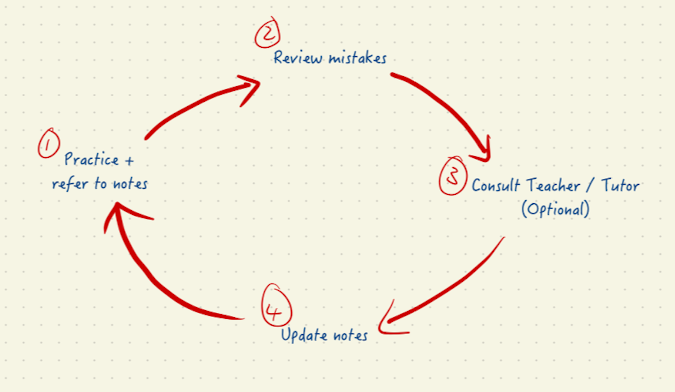How to prepare for physics and chemistry exams
How do you prepare for your Exams?
Some students spend a lot of time making detailed (and pretty) notes and “studying” = flipping through and memorising. However, they don’t practice much. That’s risky, because, if you don’t attempt some questions, how do you know whether you understanding is correct or deep enough?
Other students practice lots of questions, but don’t spend time reviewing the questions they get wrong, and end up not learning from their mistakes. Ii had a student long ago who told me he practiced TYS questions but once he finished a paper he would throw it away and move on to the next year! I also observed that he would sometimes ask me how to salve a question that i had previously shown him the solution for.. Luckily, he still managed to get a B for his A levels. I think he could have done better.
The way I see it,
Practicing questions is essential because that’s how you discover where the gaps are in your knowledge!
However, it is equally important that once these gaps are found, you have a system in place to make sure you learn from your mistakes - this is where note-taking is important.
In my experience, the ideal sequence for studying physics / chemistry should look like this:
For each topic, start with practicing a few questions (while referring to notes), after which, review your mistakes and then consult a teacher or tutor to clarify your misunderstandings. IMPORTANT: UPDATE YOUR NOTES to lock in your new understanding, then repeat the cycle!
After repeating this cycle 2 or 3 times, you will probably notice that you need to refer to you notes less and less, as your brain gradually understands and integrates the concepts you’re trying to learn. At this stage you are probably 70-80% done with this topic, and can move on to the next topic for now (leave the last 20-30% for final revision).
Again, the purpose of practicing is to find out what you don’t understand well enough! Once you know where you weaknesses are, be sure to do something about fixing them! this can be reviewing the chapter on your own, or seeking clarification from your teacher or tutor. Remember to write down what you learnt from your mistakes in your physics notebook so you don’t forget 2 weeks later!
As you get closer to major exams, e.g. EOYs, Promo, O or A levels
You should then move on to practicing full papers. Why?
Practicing with yearly tys papers tests whether you can identify the correct concept to apply. i.e. when you are doing topical practice on kinematics for example, you obviously know beforehand that you’re supposed to apply kinematics concepts. However, in a yearly paper, you might encounter some kinematics concepts appearing in combination with an energy question.. would you be able to recognize that you need to apply kinematics concepts then?
Time management: Based on the length of the paper, and how much time you’re given, there is an average amount of time you are expected to spend on each question. Practice identifying questions that require too much time, and get comfortable skipping them for later. Remember, your goal is got secure as many marks as possible in the given time. Go for the easy marks first.
In summary, the full study journey should look something like this:
Further thoughts: if your basics are weak in each topic, make sure to do intensive practice in the topical TYS or exercises first. I have often seen students who, in their effort to save time, skip the topical practice and jump straight to yearly. They often get overwhelmed by the overload of information and end up not learning much despite spending a lot of time on practice.
Conclusion:
Have a strategy. Study smart. Study hard.
Hope you found this helpful! - Mr T


